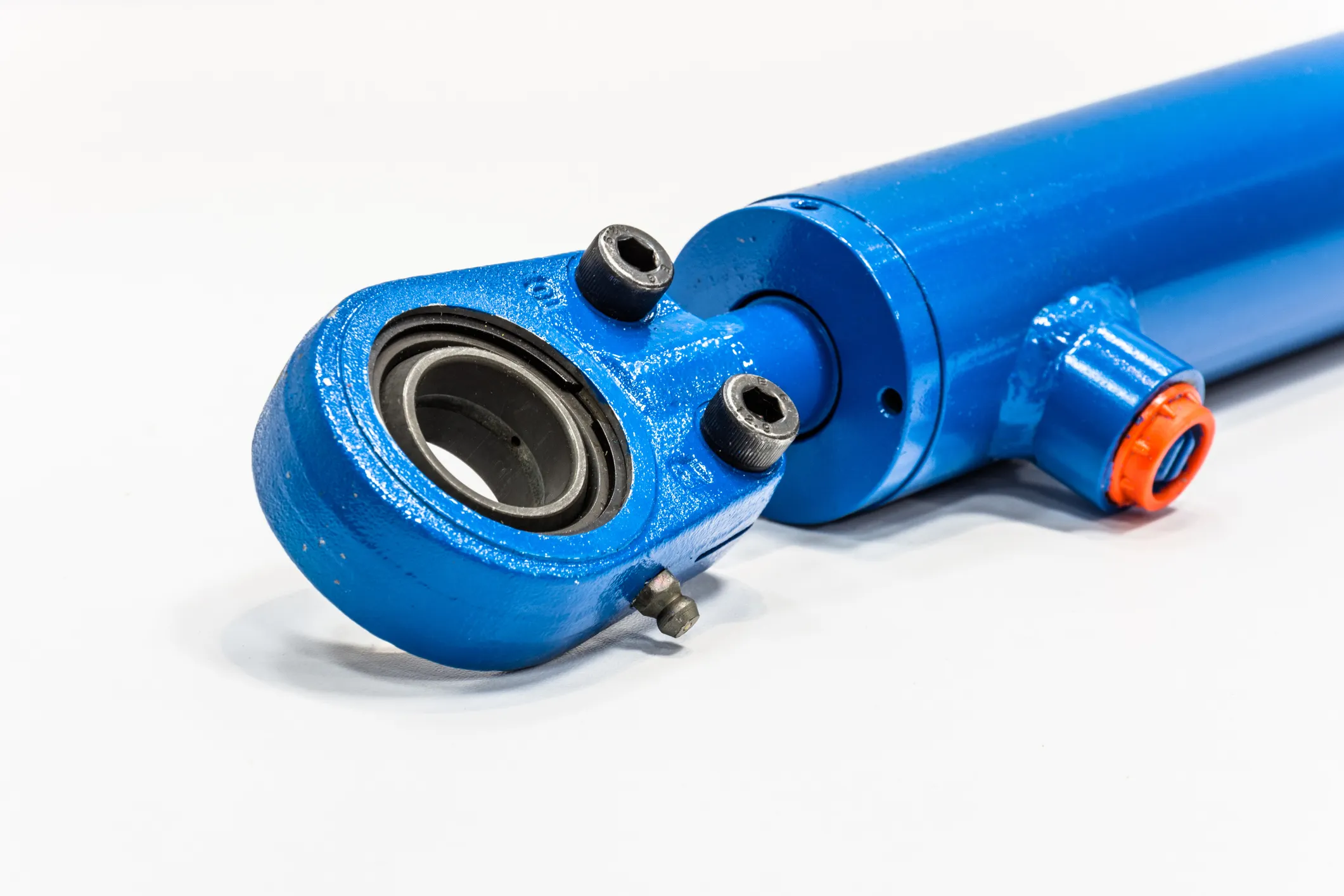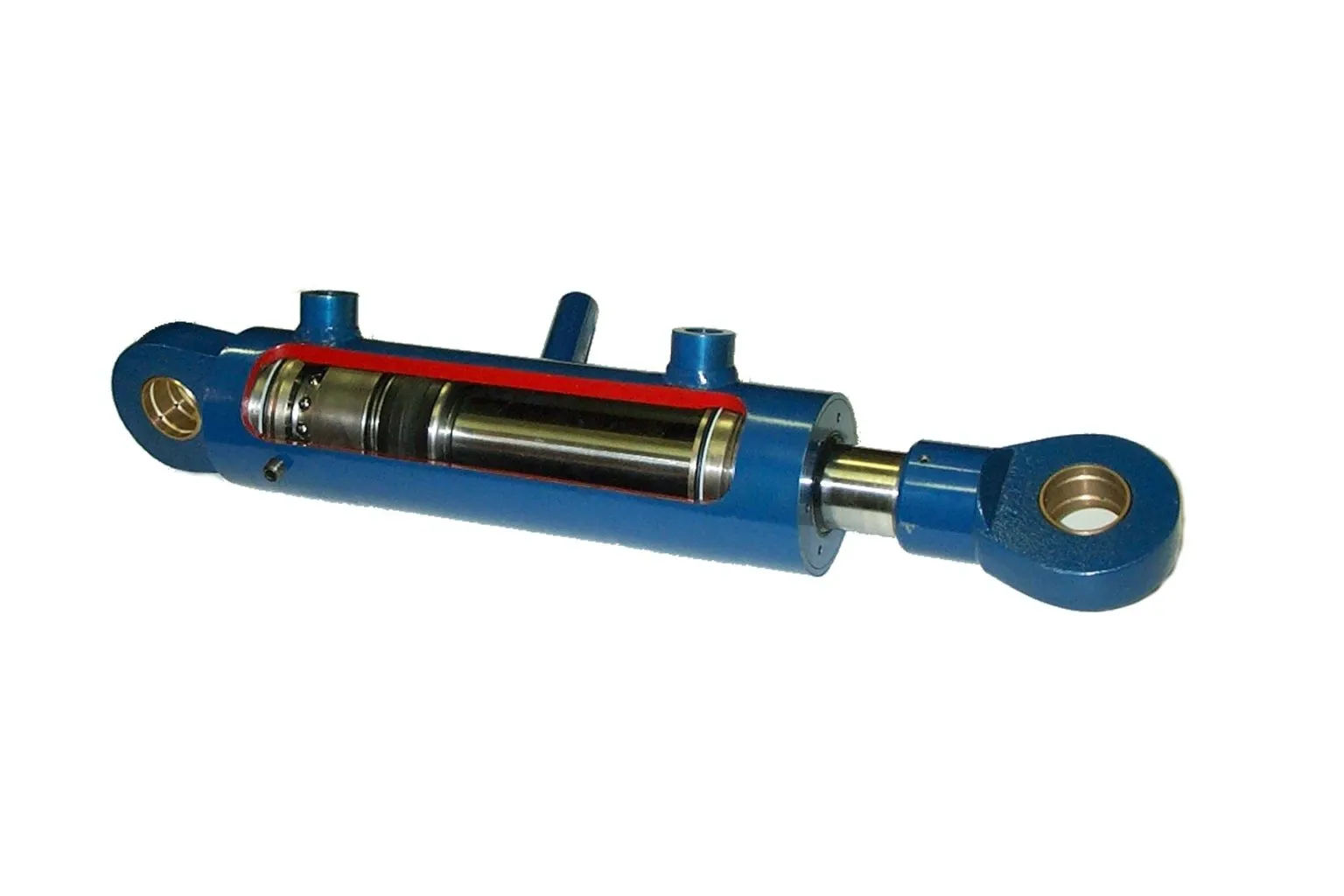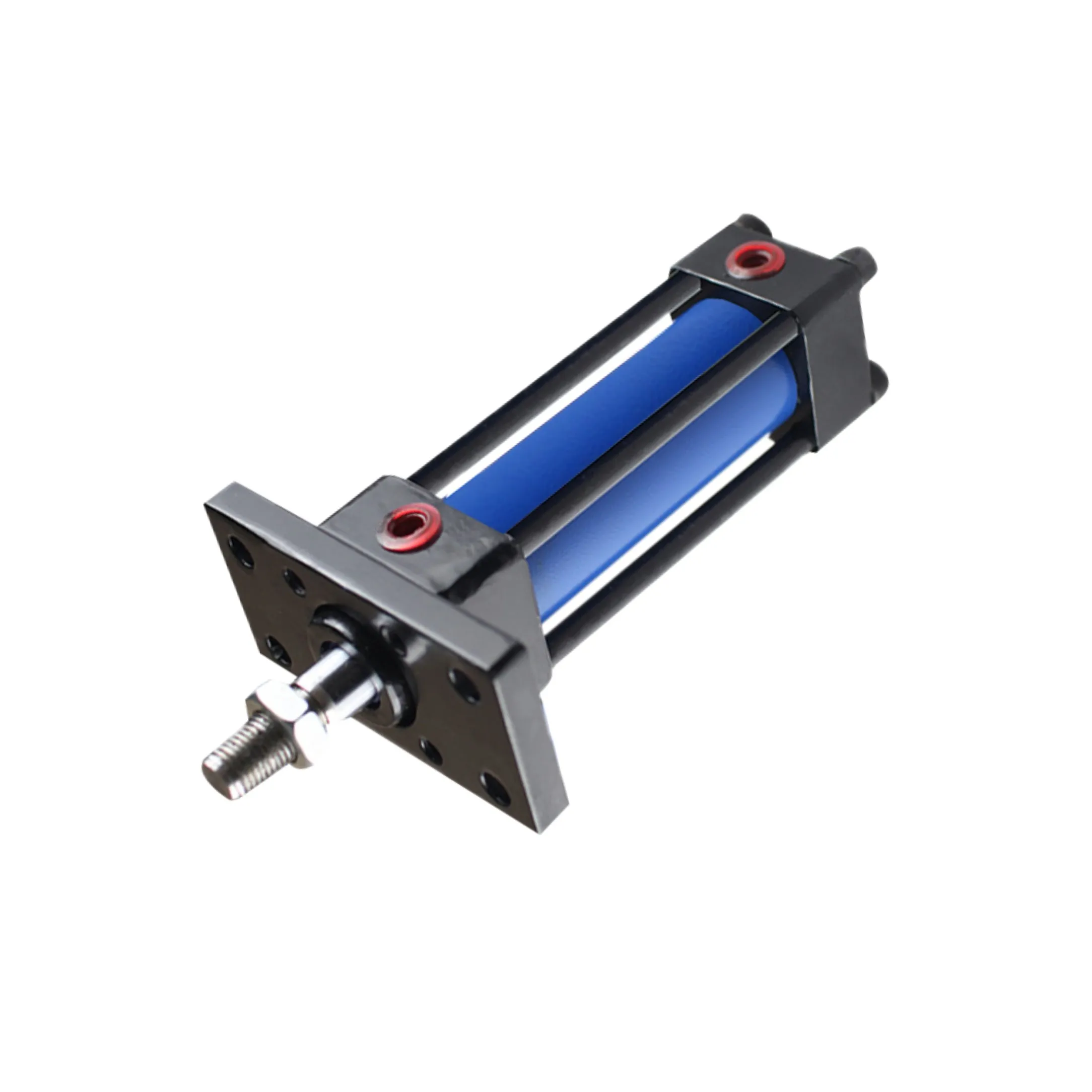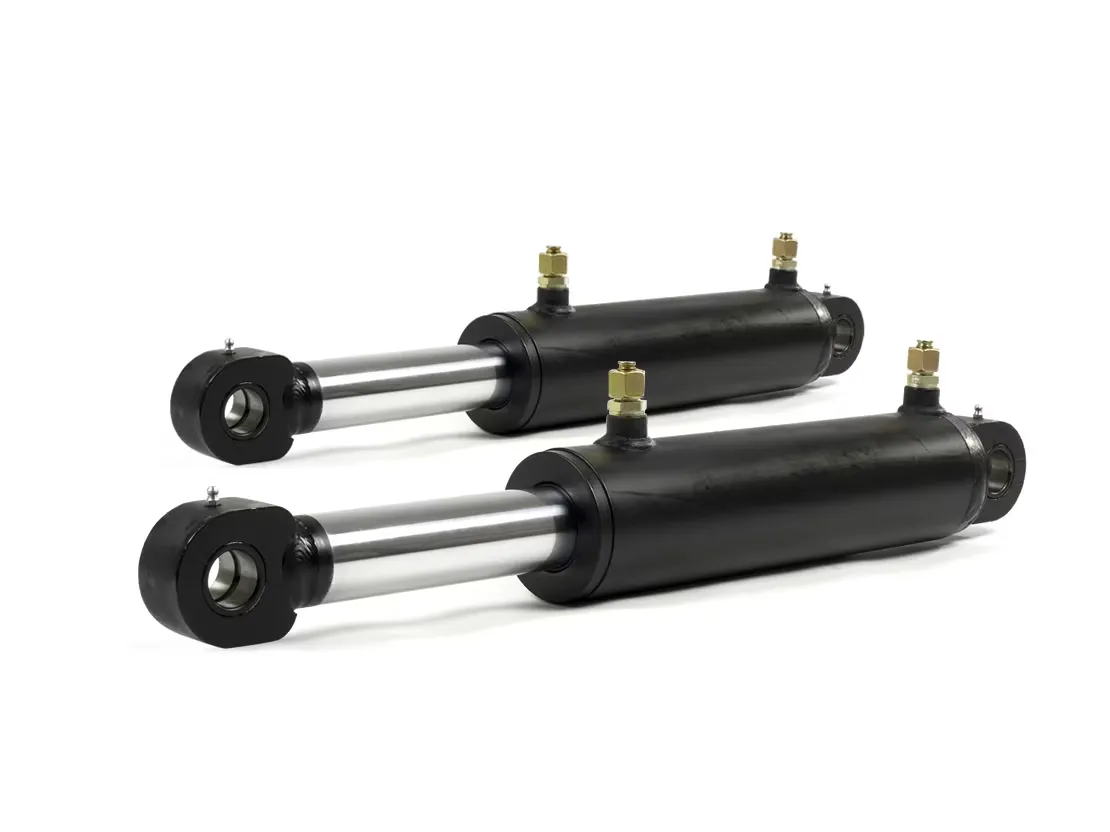The Applications Of Telescopic Single-Acting Hydraulic Cylinders In Emergency Services
Introduction to Telescopic Single-Acting Hydraulic Cylinders
In hydraulic applications, a telescopic single-acting hydraulic cylinder plays a crucial role in providing controlled force and movement. This type of cylinder is designed to extend its length from a compact form, applying hydraulic pressure in one direction and using a spring or gravity to contract.
Design and Construction Characteristics
- Outer Cylinder: The external shell containing the internal stages
- Internal Stages: Gradually expanding sections, typically two or three stages
- Piston: Component responsible for pushing hydraulic fluid
- Seals: O-rings, wiper seals to prevent leaks and maintain pressure
- Materials: High-strength steel, lightweight aluminum, corrosion-resistant coatings
Working Principle
A telescopic cylinder extends and retracts to provide controlled movement and force. The gradual expansion allows for compact storage when contracted, making it ideal for emergency services where space is limited.
Types and Configurations
Telescopic single-acting hydraulic cylinders come in three main types, each offering unique advantages in emergency applications. These configurations are tailored to specific needs and requirements.
Advantages
- Space Efficiency: Compact design for tight spaces
- High Force Output: Generates significant force for lifting heavy loads
- Versatility: Adaptable across various industries and applications

Application Scenarios
Emergency services benefit from the space efficiency, high force output, and versatility of telescopic single-acting hydraulic cylinders. These components are essential in situations where quick and reliable movement is required.

Design Considerations and Selection Criteria
In emergency services, factors like bearing capacity, sealing, durability, safety, and maintainability are crucial when selecting hydraulic cylinders. Each aspect plays a role in ensuring optimal performance and safety.
Sealing and Lubrication
Proper sealing and lubrication are essential to the performance and longevity of telescopic single-acting hydraulic cylinders. Regular maintenance, including seal replacement and lubrication, is necessary to prevent issues and ensure smooth operation.
Safety Considerations
When using telescopic single-acting hydraulic cylinders in emergency services, safety measures are paramount to protect personnel and equipment. Adhering to safety guidelines and protocols is essential for accident prevention.
Unit Power and Optimization

The unit power of hydraulic systems is influenced by factors like cylinder diameter, operating pressure, piston speed, and load conditions. Optimizing the power unit can enhance efficiency, energy savings, and reliability in emergency applications.
Common Questions
Answering common questions about telescopic single-acting hydraulic cylinders can provide valuable insights into their functionality, components, applications, advantages, and material composition.
Company Focus
Our company specializes in manufacturing and distributing high-quality hydraulic cylinders for emergency services and other industries. With a focus on professionalism, international standards, customization, and excellent customer service, we strive to meet the diverse needs of our clients.
Author: lyl

